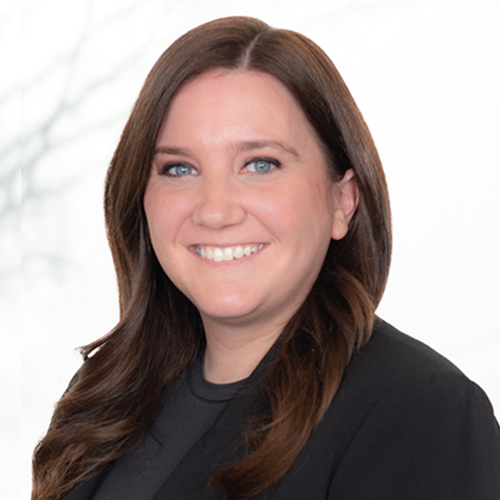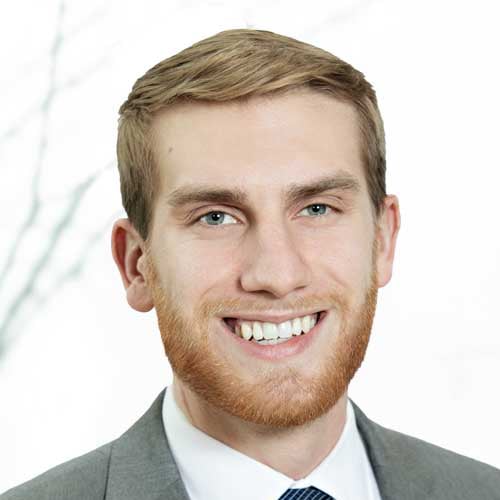Man May Not Be Charged A Second Time With Lesser Offense
In May 2008, Minnesota state prosecutors charged Michael Sahr with first-degree criminal sexual conduct. After the jury was sworn in and impaneled, the defense objected to the charge, claiming the alleged actions of the defense’s client did not constitute first-degree criminal sexual conduct and that the jury be instructed in the requirements of the charge, namely genital-on-genital contact.
Knowing it had little evidence that would make the first-degree charge stick, the prosecution then tried to amend its charge to include second-degree criminal sexual conduct, which the trial court did not allow. The defense moved to dismiss the charge. State prosecutors tried twice more to charge the defendant with second-degree criminal sexual conduct before the trial court dismissed the charges, ruling prosecutors recharging Sahr would violate double jeopardy.
The state appealed the trial court’s decision, arguing that the dismissal of charges was equivalent to a mistrial and the defendant could be recharged. The Court of Appeals agreed, and the defendant appealed to the state Supreme Court. The Supreme Court reversed the Court of Appeals’ decision, upholding the trial court’s decision that double jeopardy applied because the dismissal of the original charge was equivalent to an acquittal. Because of this, the Supreme Court determined that Sahr could not be recharged.
What The Ruling Means For Other Alleged Offenders
The Supreme Court’s decision upholds that alleged offenders cannot be charged twice for the same crime, even when the prosecution makes errors in its charges. The key to the Supreme Court’s decision was that a factual determination was made on at least a portion of the original charges.
In Sahr’s case, the prosecution lacked sufficient evidence because they could not prove an essential element of the underlying charge. In the recent case, the prosecution mischarged the defendant, claiming first-degree criminal sexual charges applied when they did not. The Supreme Court upheld that it is not possible for the prosecution to recharge defendants to correct a mistake and make the more applicable charges stick. This ruling should protect future defendants from facing a similar situation.
Most importantly, this case shows how an experienced, competent attorney can help change the outcome of a criminal trial. If the defense counsel had not caught the prosecution’s error in the first place and fought its attempts to change its charges, the defendant may have served time for a harsher charge that he did not commit. If you or a loved one has been charged with a criminal offense and suspect the charge does not apply to your case, please contact an experienced Minneapolis criminal defense attorney with an extensive track record of fighting fiercely on behalf of their clients.








